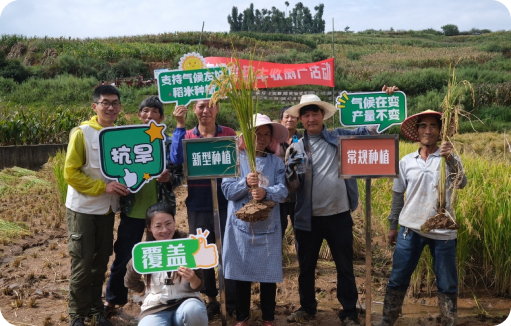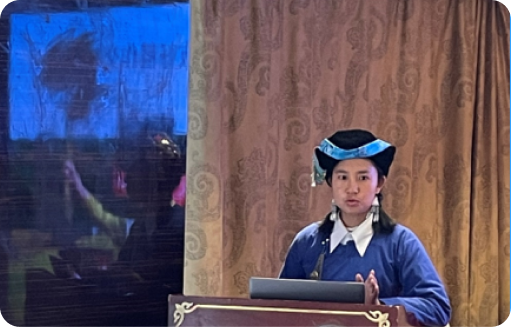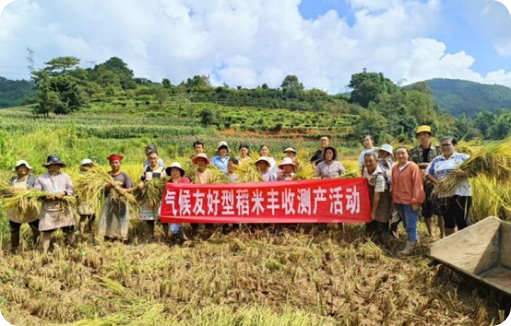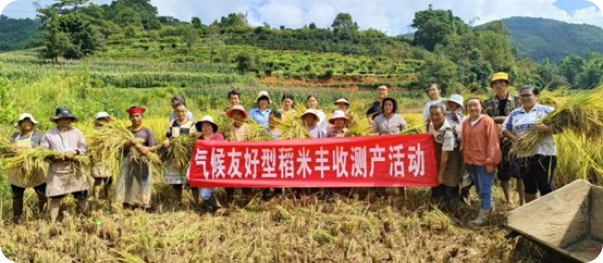Background
Climate change and agricultural production are closely interconnected. Agriculture – particularly plantation and livestock farming – is not only a significant source of greenhouse gas emissions but also one of the sectors most vulnerable to the impacts of climate change. Specifically, according to a World Bank study, methane emissions from rice cultivation contribute to 10% of anthropogenic methane emissions globally. Rice cultivation also consumes 40% of the world’s total irrigation water, while simultaneously providing one-fifth of the world’s food calories. Consequently, climate change-induced events such as droughts and water scarcity, which adversely affect rice yields, pose a substantial threat to livelihoods.
China, one of the world’s leading rice producers, faces unique challenges. Given its large population and large number of small-scale producers, critical questions arise: How can greenhouse gas emissions from rice production be reduced? How can chemical pollution from agricultural practices be minimized? How can the farmland labour shortages due to urbanisation be addressed? Moreover, how can locally adapted green and low-carbon cultivation methods be developed to suit the diverse agricultural conditions across the nation? This project seeks to explore and resolve these pivotal issues while safeguarding food security.




